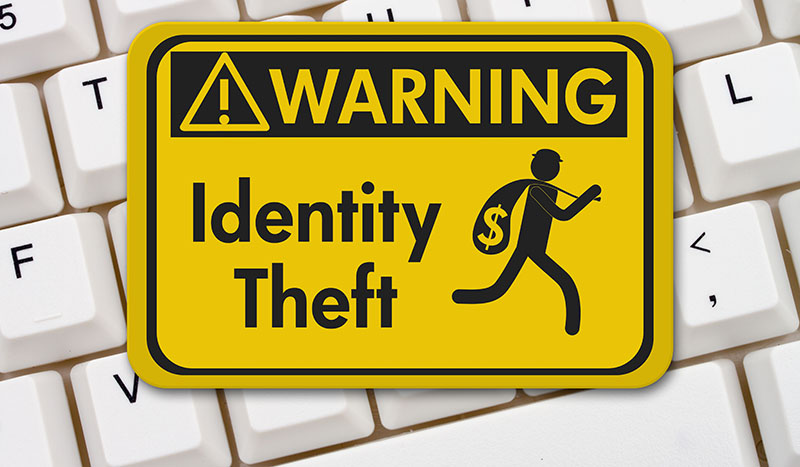Identity Theft and IRS Letter 5071C
December 01, 2021 by Kate Ferreira, CTEC
You just opened your mail and discovered that you have received an IRS Letter 5071C for the 2020 tax year. Confused, you read the notice a few times over and still cannot seem to wrap your mind around it.You did not file a tax return for the 2020 tax year, so why would the IRS want to verify your identity on a tax return you did not file?
This is an excellent question. Unfortunately, it is very likely that someone might have filed a tax return in your name.
While this is news no one wants to hear, do not fret – we are here to walk you through the steps you need to take to not only report this situation to the IRS, but also to protect yourself in the future.
The first thing you want to do is contact the IRS right away by following the verification instructions on the notice.
To verify your identity, visit the Identity Verification Services website, which can be accessed 24 hours a day, and follow through with the prompts. To complete the verification, you will need to create an ID.me account through the IRS website, unless you have an existing ID.me account or IRS username.
To create an ID.me account, you will need:
- Photo identification (driver’s license, state ID, or passport)
- The Form 1040-series tax return for the year shown on the letter
Please keep in mind that a W2 or 1099 is not an income tax return and may not be used in place of your tax return.
You will be required to take a photo of your identification documents as well as a selfie with either a smartphone or webcam.
If you are unable to verify your identity online, or do not have the proper documentation to set up an ID.me account, you can verify your identity by calling the toll-free number listed on your letter. Please keep in mind that the toll-free number on the notice is for identity verification only and no other tax-related information will be available for discussion. If you would like to have an authorized third party assist you with the call, you would need to also be a part of the call and complete the verification together.
When calling, please make sure to have:
- Your 5071C letter
- The Form 1040-series tax return for the year shown on the letter
- Any other prior year tax return, if you filed one
- Any supporting W-2s, 1099s, Schedule C, Schedule F, etc.
Note: If you did not file the tax return in question, there will be a space to indicate that on the website.
If you are unable to verify your identity online or by phone, the IRS might request you make an appointment with a local IRS office to verify your identity. If this is requested, we recommend you follow the instructions and visit your local IRS office to complete the verification.
The next step after completing your verification would be to take steps to protect yourself.
If it is determined that you are a victim of identity theft, we recommend contacting the three main credit bureaus, Equifax, Experian, and TransUnion, and then reporting the identity theft to the Federal Trade Commission at the following website: https://www.identitytheft.gov/#/.
Next, you will want to complete the IRS Form 14039, Identity Theft Affidavit, and continue to keep an eye on all your financial accounts.
For more information about identity theft information and the IRS, click here to view Publication 5027 or visit IRS Identity Theft Central by clicking here.
Finally, if you are wanting to purchase audit defense to have peace of mind for future tax issues, click here for more information!





